Table of contents
General considerations on abstinence

There is a genetic pattern in every human being that acts in a way to maintain balance in the functioning of our organism. However, this pattern can be compromised from our behavior, as in the case of the brain reward system.
Through the pleasure neurotransmitters that act in this system we feel pleasure and satiety. This mechanism that acts directly on the pleasure sensation can suffer adaptations according to the use of drugs or medication and the absence of these substances ends up causing abstinence.
The withdrawal crisis is a series of commands and symptoms that afflicts all chemical dependents, often causing psychological or physical discomfort. Learn about its effects and how drug use influences its occurrence below.
Depressants, stimulants and disruptive drugs

Drugs are powerful substances capable of distorting the physical and psychological functioning of human beings. Regardless of the amount you use, it will stimulate and disturb your body in a way that affects your entire reward system. Understand a little more about the types of drugs and their effects below.
How drugs act on the body
There are several drugs and various ways of using them, for example, drugs that are inhaled. They are absorbed by the lung cells reaching the bloodstream and reaching the brain. There are also oral or injectable drugs, all of which usually impact the brain in a way that causes pleasure and well-being.
It is understandable how the use of these substances leads many people to addiction. Because, this effect unloads in users a dose of surreal dopamine to the body that usually it is not able to produce. Therefore, its use becomes constant and dangerous.
Once the quantity of narcotics in the organism increases, it will generate a series of physical and mental illnesses, such as psychoses, manic-depressive crises, and panic syndrome. Physiologically, depending on the drug, brain and physiological damage can be generated.
Therefore, if addictions are not stopped in time the effects can be irreversible, compromising your health and well-being for life.
Depressant drugs
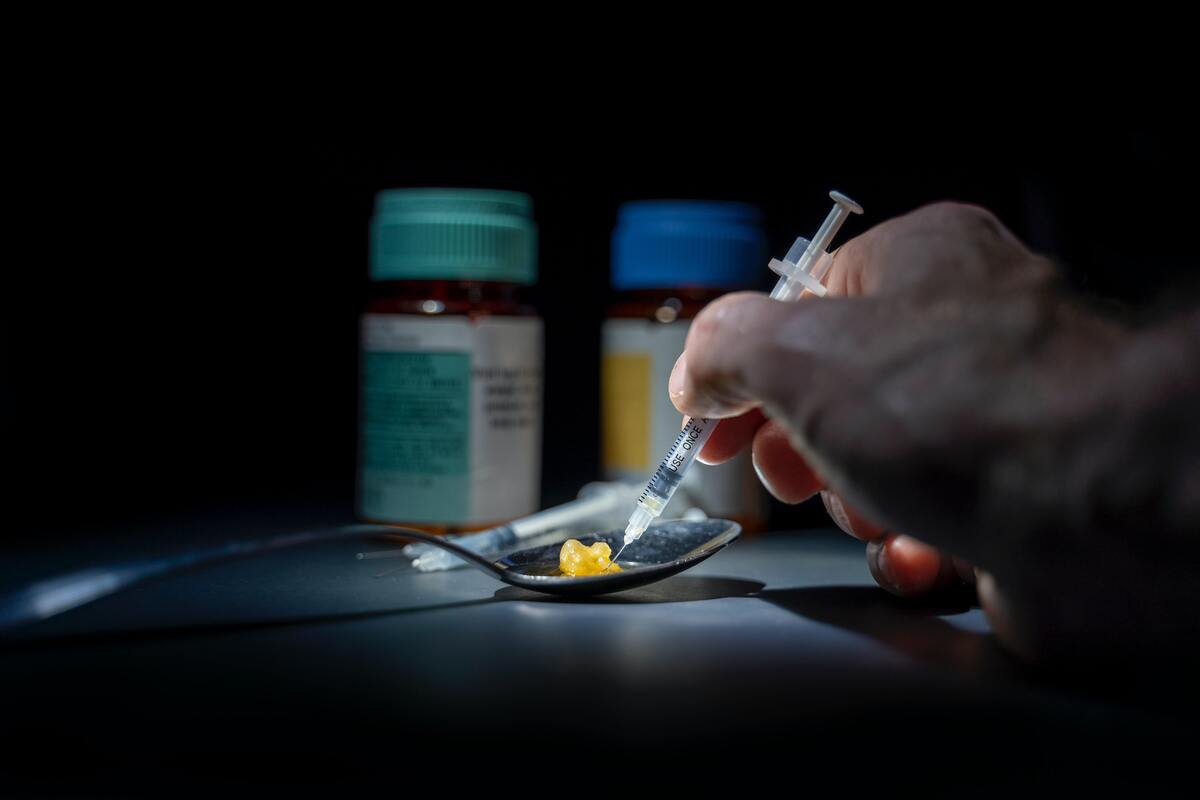
Some depressant drugs are licit like alcohol, anxiolytics and sedatives, others are illicit like morphine and opium. They are known by this name because they tend to decrease brain activity and cause symptoms like decreased breathing, drowsiness and even loss of attention and memory.
Stimulant drugs
Stimulant drugs, on the other hand, are known for increasing brain activity and are capable of generating excitement, awakening a feeling of courage and even stimulating anxiety. The best known stimulant drugs are cocaine, nicotine and crack.
The disturbing drugs
Disruptive drugs can also be known as hallucinogenic drugs. The most common are marijuana, ecstasy and LSD, these drugs can alter your perception of space and time, your sensitivity and even alter your thoughts causing hallucinations and delusions.
What is a withdrawal crisis, why it occurs and its duration
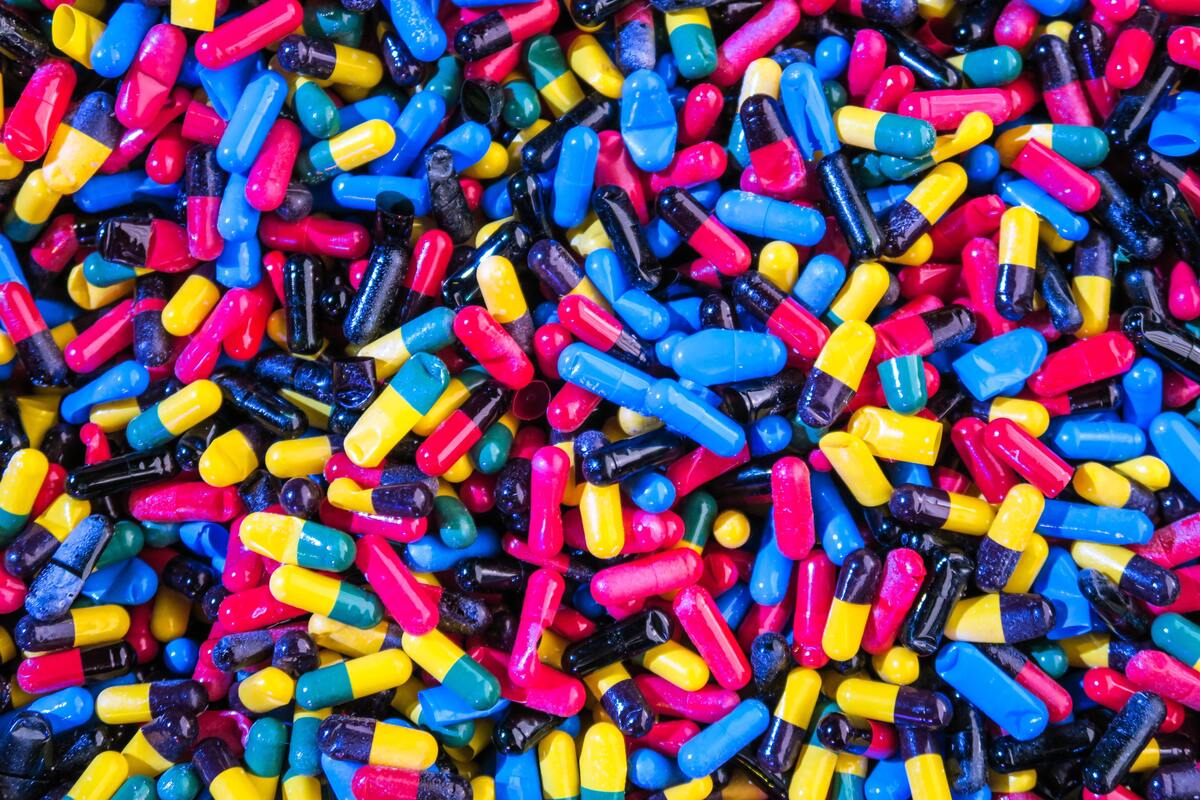
There are a number of associations that drive a withdrawal crisis. Whether genetic, emotional or lifestyle, their impacts cannot be ignored and their consequences for the individual need to be understood. Find out what a withdrawal crisis is and its causes in the reading below.
What is a withdrawal crisis
Withdrawal crises are caused by a union of signs and symptoms originated by the absence of the drug in the organism. These events happen when your body feels the absence of these substances for a long period of time. They are usually generated in a detoxification process of the user.
Why does an addict have withdrawal crises
When an organism adapts itself to the continuous use of drugs, the presence of the substances released by this drug become common to the brain, causing a new equilibrium to its neurological system. In this way, the user becomes a chemical dependent and will always be in search of this substance to return to this state of pleasure.
By depriving the body of these substances the body tends to react in a way that causes physical and psychic discomforts. This is due to the absence of the drug in the organism and the reestablishment of a genetic pattern that had been altered by them. These discomforts are called withdrawal crises.
Use and withdrawal crisis, a vicious cycle
The process of withdrawal can become cyclical and vicious. Generally, it starts with the consumption of drugs provoking alterations in your brain reward system. According to the continued use of these substances they can provoke 2 types of neuroadaptations in your organism, which are:
- Oppositional Adaptation: this is a mechanism that happens in your body in order to distance the effects of drugs in an attempt to flush them out of your cells.
- Harm Adaptation: in this case the body will create mechanism to decrease the action of drugs on the cells by reducing neuroreceptors, which generates a reduction in the body's capacity to obtain pleasure.
These brain adaptations occur as a way to recover the balance lost by the organism before the use of drugs. The withdrawal crisis appears then as a counter force of the organism in the sense of expelling these substances and reestablishing the balance before the addiction.
However, the same way that the detoxification of the body happens, the drugs return to their initial potency. Therefore, the chances of those who were chemically dependent returning to addiction are much greater because they are more susceptible to the effects causing a vicious cycle.
How long does the withdrawal crisis last
The withdrawal crisis can last an average of 4 to 6 weeks after stopping the use of the drug. Meanwhile, the signs and symptoms will vary according to the factors below:
- The time since last use;
- The rate at which the substance is eliminated from the body;
- The existence of comorbidities;
- The genetic characteristics of the individual.
How long without use the crisis begins
Withdrawal crises usually begin after the interruption of use and may vary according to consumption habits and the substance consumed. However, when the person has continuous and prolonged use, crises usually appear between 6 to 24 hours after the interruption of use.
The withdrawal crisis caused by different drugs
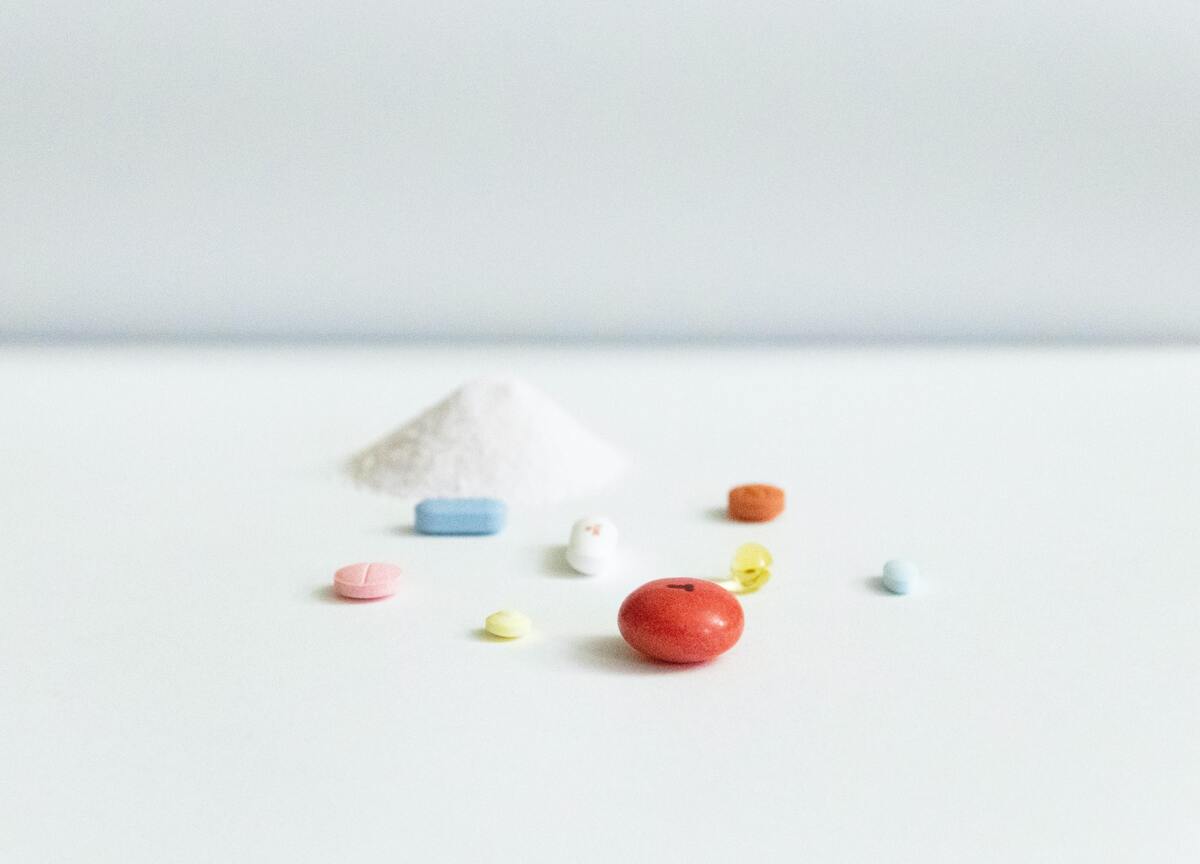
Depending on the narcotic drug, withdrawal crises can assume different degrees. It will vary according to the use and the potency of the effects of the drug in the body, and can generate milder symptoms to trigger psychotic outbursts. Understand more about withdrawal crises caused by different drugs below.
Alcohol withdrawal crisis
Alcoholism is developed by people who make excessive and constant use of alcoholic beverages. People may be motivated to use depending on biological, social, psychological or cultural factors, although there are usually a number of associations to the abusive use of alcohol.
Because it is a licit drug, it tends to reach a great part of the world's population; in Brazil alone the number of addicts reaches 10% of the population. Withdrawal crises for those who abruptly stop taking the drug can begin in up to 6 hours.
The most common symptoms of abstinence for alcoholics are tremors, gastrointestinal disturbances, sleep, besides a state of restlessness due to the absence of alcohol. Depending on the case a severe abstinence known as "delirium tremens" may develop, causing, besides the symptoms cited, a spatial and temporal disorientation.
Withdrawal crisis by central nervous system depressant drugs
Other depressant drugs can cause seizures similar to alcohol, differing only by the half-life of each substance in the organism. For those with a shorter half-life, the symptoms tend to present themselves faster than those that are longer.
However, the elimination of these substances that have a longer half-life can be prolonged, thus generating more severe withdrawal crises to the user, such as an autonomic hyperactivity capable of increasing the body temperature, generating tachycardia and intense breathing, often causing panic crises.
It is rare that this condition evolves to hallucinations and a lowering of consciousness. However, if the patient presents some morbidity these symptoms can generate heart failure and even lead to death!
Withdrawal crisis from central nervous system stimulant drugs
Central nervous system (CNS) stimulant drugs such as methamphetamine, crack and cocaine are potent and tend to be easily addictive. With regard to withdrawal symptoms include:
- Excessive sleep;
- Difficulty concentrating;
- Depression;
- Fatigue;
- Irritability;
- Restlessness.
Some patients may have an excessive desire for the drug that can make them aggressive and generate severe depression, which can often lead to suicide.
How to prevent withdrawal crises
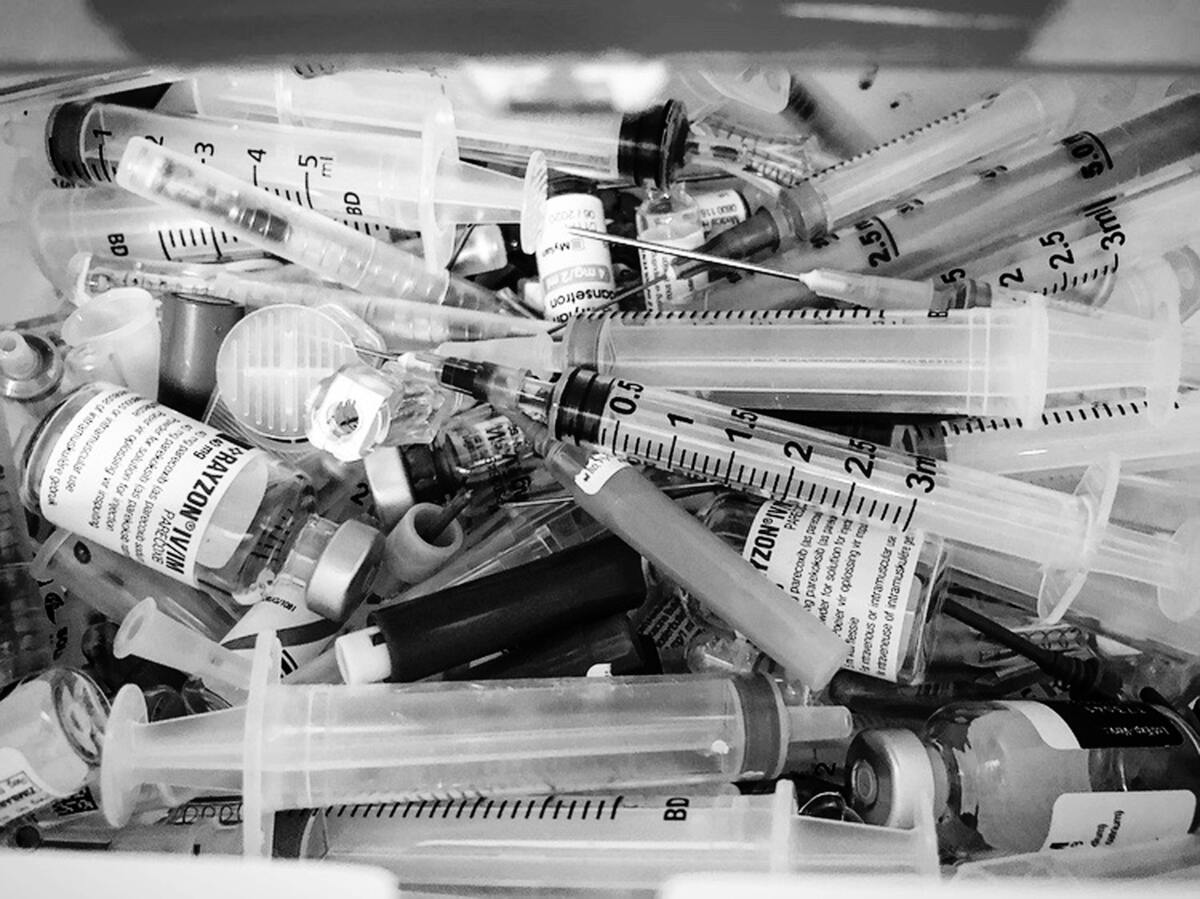
The recreational use of drugs is recent, when before humanity used drugs only as medicine or in rituals, today it is present in our daily lives. With the normalized use many people started to use drugs recurrently, becoming then often an addiction. Learn how to prevent withdrawal crises in the following.
Regular exercise practice
Regular physical activity helps the body to release substances capable of causing the feeling of pleasure and well-being. Therefore, serotonin and endorphin released during activities serve as great substitutes for drugs, since you would be on a healthier path in search of satisfaction.
Healthy eating
Your diet directly influences your body, for some indigenous cultures, for example, food and cooking serve the purpose of healing. Therefore, having a balanced diet and drinking plenty of fluids will help you promote detoxification, improve your body's defenses and provide a greater physical disposition.
Avoid environments with drugs or individuals using them
For those who want to quit an addiction, being in environments or around people who make recurring use of drugs can be detrimental to treatment. Because you will feel the urge to use and often give in to temptation. Until you have a control over your addiction, it will be untenable to live with these friendships.
Avoid environments with drugs or individuals using them so that you don't harm yourself. Keep yourself busy or involved in activities that will distract you and keep you away from those situations that could lead you to addiction. Do yourself this favor and you will feel proud of your decision.
Treatment for chemical dependents
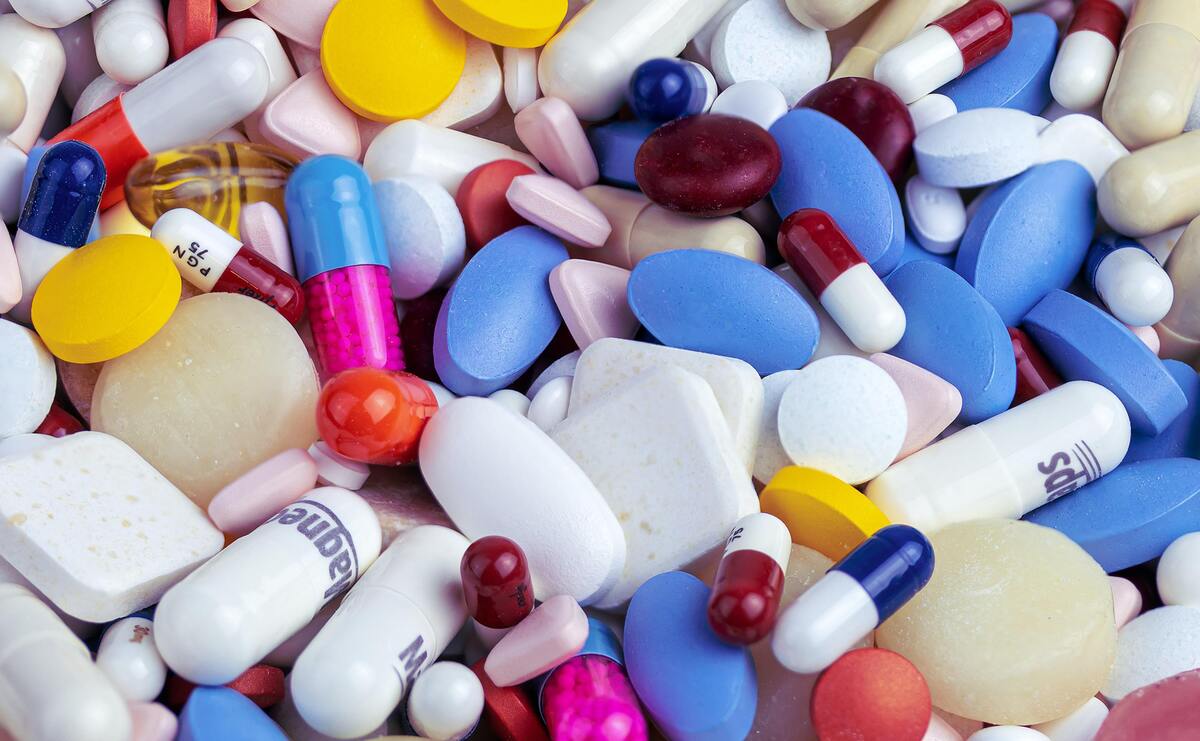
The ideal scenario for treatment for chemical dependents is when there is an early diagnosis of the case. However, treatments usually only happen when there is a worsening of the case, at this point it is common to have even hospitalizations.
Don't wait for your case to escalate, understand below how treatment for chemical dependents works and seek help for yourself!
Medicines
The drugs for treating chemical dependents have been developed recently. They will be chosen according to their level of dependency and their state of toxicity, and will be administered accompanied by therapy.
There are two types of procedures, whose effect varies depending on your clinical picture. These medications can act in different ways, so the need for medical monitoring. Follow:
- Aversive medication: is administered while the patient is using the drug, thus provoking uneasiness towards the substance in an attempt to create a type of repugnance for the drug.
- Substitute medication: this is the type of medication that acts directly on the Central Nervous System, and its active ingredient mimics the effect of the drug. This type of treatment is common for heroin users, for example.
Psychotherapy
Psychotherapy has become one of the biggest allies for those who wish to recover their mental health and quit addiction. Through the sessions several interventions are made in order to complement the treatment with medication, because only when the individual takes responsibility for himself he will be able to overcome the addiction.
Cognitive-Behavioral Therapy
The cognitive-behavioral therapy, on its turn, provides conditions to help change thoughts through cognitive alterations. Using some methods, the therapist will stimulate the patient to reflect on their consumption habits and modulate their behavior in order to cause a lack of interest in toxic substances.
However, just like therapy, this is the type of procedure that will require the patient to be aware of his condition and desire to improve. Because, only by assuming his decision to change will he be able to revert his condition and quit drug addiction.
Group therapy
Interactive activities in groups such as Alcoholics Anonymous have proven to be effective in treating chemical dependents. Once people share their experiences and are together in pursuit of the same goal, as well as stimulating empathy together, they find the necessary support to cope with the situation.
Family therapy
There are many cases in which chemical dependents are dumped by their family. Dealing with this situation away from the people you love can make rehabilitation much more difficult. Often even impossible, because most patients who reach this state do not find family support.
The patient's willingness to try to change their condition becomes more assertive and soon they will be able to overcome the sufferings of this disease.
Psychiatric hospitalization and how to know if it is necessary
Drug problems are a constant in society. Often, the ways in which we live and the people with whom we relate serve as incentives to use narcotics. Given the ease of access and the level of consumption of these drugs, it can reach a point where the addict needs to be hospitalized.
Psychiatric hospitalization usually occurs in the patient's most severe states, when several attempts have already been made from the use of medication to therapies. Past this point, if it is perceived that the patient's life is at risk or he becomes a public threat then this will be the only solution.
How a specialist hospital can help
In relation to the hospital sphere, drug addiction is considered a disease, so several hospitals specialized in helping patients who are chemically dependent have emerged.
The advantage of these places is that a clinical view of the patient prevails, not allowing openings for prejudiced judgments or generating any kind of aversion to the case. Therefore, health professionals would be dealing with the clinical picture of this patient in a much more human and assertive way, facilitating the patient's rehabilitation.
Are there differences between abstinence and craving?

The "craving", also known as craving, appears as an obsessive thought, a memory of euphoria or as a plan about the user who does everything possible to obtain the substance and sustain the addiction. Different from abstinence that generates a symptom more physical than psychic.
However, both can cause relapses. After all, abstinence works as a kind of physical torture, while craving as an extreme obsession to consume the drug. This leads many people to return to use in order to stop the symptoms.
Despite being far apart in level of manifestation, both problems are fruits of users' chemical dependency. Therefore, it is important to be aware of these states so that they do not surprise you while you are in the rehabilitation process.

